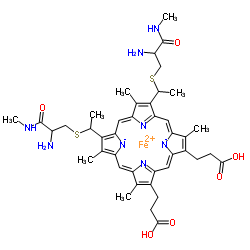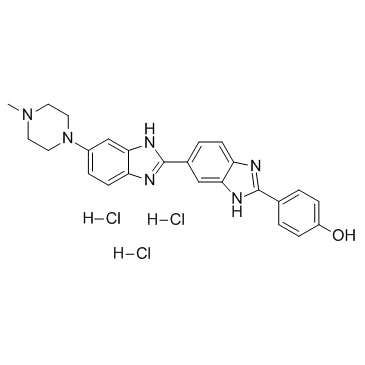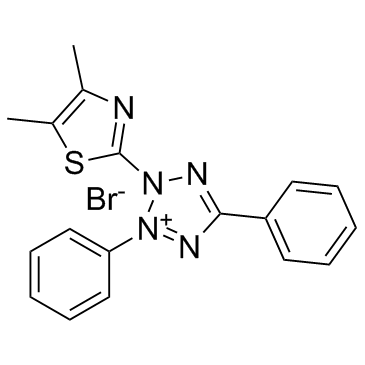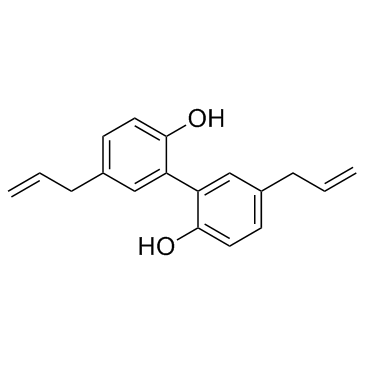| 结构式 | 名称/CAS号 | 全部文献 |
|---|---|---|
 |
细胞色素C
CAS:9007-43-6 |
|
 |
赫斯特荧光燃料,33258
CAS:23491-45-4 |
|
 |
噻唑兰
CAS:298-93-1 |
|
 |
厚朴酚
CAS:528-43-8 |